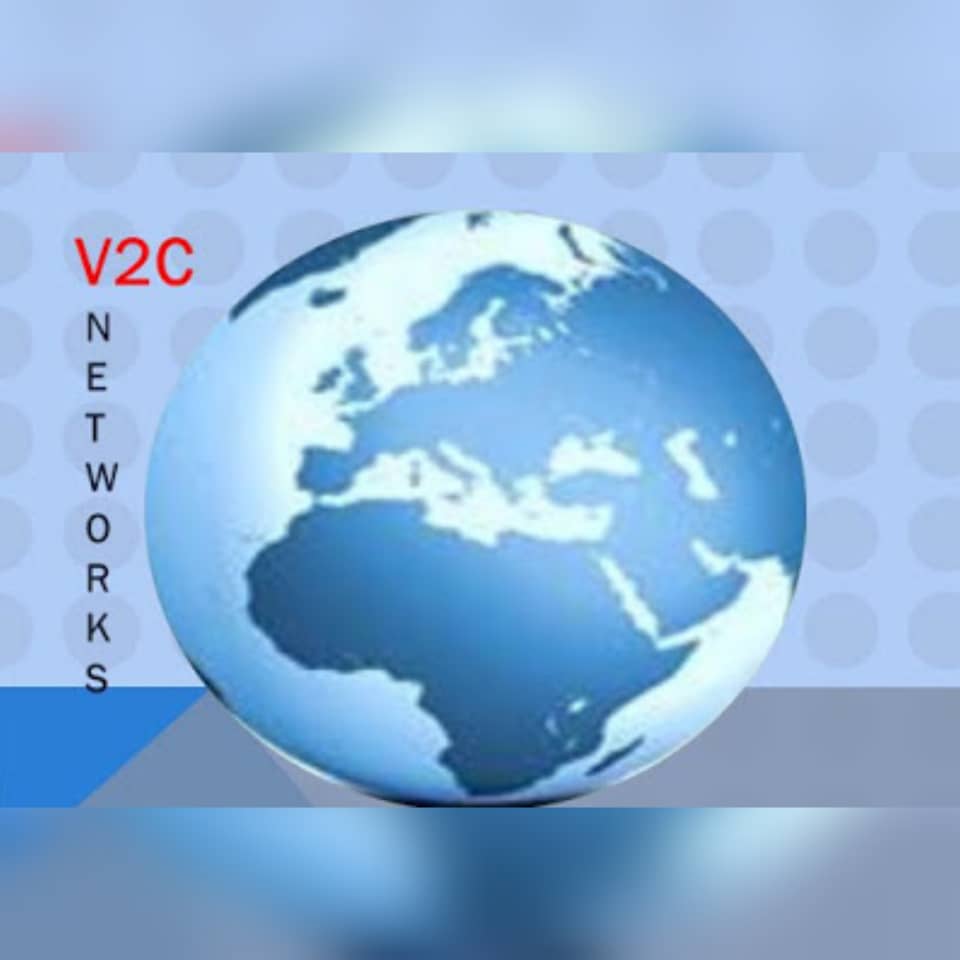· It’s a Great Spur to More Work – Jamoh
The University of Port Harcourt has announced the appointment of the Director-General of the Nigerian Maritime Administration and Safety Agency (NIMASA), Dr. Bashir Jamoh, as Chairman of the Governing Board of the institution’s Centre for Logistics and Transport Studies. A letter signed by the Vice Chancellor of the university, Professor Stephen Okodudu, said Dr. Jamoh was chosen by virtue of his position as Director-General of NIMASA, stressing that his appointment “is an eloquent testimony to your outstanding contributions to national development.”
Dr. Jamoh, an alumnus of the university, was requested to assume office as the new Chairman of the 10 member Governing Board of the Centre for Logistics and Transport Studies, University of Port Harcourt. The Board would be inaugurated at a later date.
In his acceptance remarks, Dr. Jamoh expressed his appreciation to the university for the recognition, saying it is an encouragement to do more for the improvement of transportation in the country.
He stated, “I wholeheartedly appreciate this recognition by my great alma mater. It is a huge honour to me, the Agency, and indeed, the entire transport and logistics community. This appointment is a great spur to me to work harder to not only elevate the position of the Centre for Logistics and Transport Studies, University of Port Harcourt, but also improve transportation, generally, at this critical juncture in our national development.
“I know with God on my side, and the collective support of members of the University of Port Harcourt community, we shall succeed.”
The Centre for Logistics and Transport Studies, University of Port Harcourt, was established in 2012 as a foremost institution for logistics/supply chain and transport management in Nigeria. The Governing Board is charged with the responsibility of identifying and developing strategies for the growth of the Centre and also effective and mutually beneficial relationship with government and industry.
Other members of the Board are Managing Director/CEO, Delta Marine Limited; representative of the Minister of Transportation; representative of the Rivers State Commissioner for Transport; representative of the Corps Marshal/CEO, Federal Road Safety Corps; National Executive Director, Chartered Institute of Logistics and Transport Nigeria; Director-General, Nigerian Institute of Transport Technology; Dean, School of Graduate Studies, University of Port Harcourt; Dean, Faculty of Social Sciences, University of Port Harcourt; and Acting Director, Centre for Logistics and Transport Studies, University of Port Harcourt.













